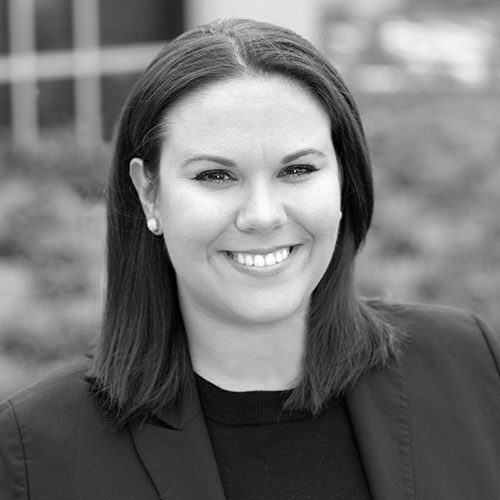For any marketing agency, compliance is critical to a successful strategy. For an agency that specializes in the contract-heavy, ever-changing world of sports, compliance is an even bigger piece of the legal puzzle.
Paul Haase is the general counsel handling talent and properties at Octagon, a leader in athlete and personality representation and management. He outlines his team’s compliance strategy and the major issues it faces.
Modern Counsel: Why is compliance critical at a sports agency?
Paul Haase: There is a saying that image is everything, but that is simply not true. Substance really matters. We represent and market athletes and personalities, but we also have an affiliated financial services company that helps our clients with cash management and wealth management. Professional careers in sports are often short, and we have to do everything by the rules for the long-term good of our clients.
MC: Which issues do you deal with most often?
PH: There are, of course, a lot of contracts on which we work, but in some ways, it’s an unusual industry. We have NCAA rules and amateurism issues, league regulations, player association regulations, Securities and Exchange Commission (SEC) compliance issues, and others.
MC: Is it difficult for your agents to work through so many issues?
PH: There are just a lot of things to keep in mind, and that’s part of what Octagon’s legal department helps them with. Along with that, I’m the chief compliance officer for the financial services company. As part of the legal department’s overall responsibilities, we work internally to make sure our agents are registered in the right states and with university athletic departments. When an agent prepares to recruit an athlete, we ask them to keep us involved with recruiting activities with us so we can avoid any issues.
MC: Like what?
PH: The guidelines vary by state. But we want to make sure our clients don’t encounter obstacles. For example, they might turn pro and then change their minds, so we don’t want anything to crop up that would stop them from going back to their college or university. We have to keep their paths clear and then guide them in the future.
MC: How do your agents view this process? Are there keys to making it work for them?
PH: You definitely need the agents to buy in, and we have to work to make sure compliance isn’t a hurdle. Our goal is simple—we want to make it as painless as possible so our agents don’t avoid the legal department, and in fact so they embrace legal as a valuable part of the process.
MC: What’s at stake?
PH: Our reputation and the bottom line. No company wants to make a mistake that can be avoided and then later lose a client or lose revenue because of a compliance issue. As an example, athlete agents could register in the wrong state because clients live in one place but attend college in another. The innocent actions of our employees could lead to issues many years later. That’s why compliance and licensing is so important. We can prevent these things up front.
MC: What else makes a compliance program effective?
PH: Being up to date. We’re constantly watching things like the whether the Uniform Athlete Agents Act has been enacted or changed in the various states, and we’ve become experts in what’s required in each state. When an athlete intends to turn pro, most of the time, there are specific notifications and conversations that have to happen, and we have to make sure our agents know these things.
MC: So you’re updating procedures often?
PH: For the financial services company, we have the traditional SEC compliance review process, but with respect to the agent licensing and registration issue, we reach out to all agents on a monthly basis. We provide a list of all current registrations to confirm everything. We’re proactive because it’s a fast-moving business.
MC: How to you manage that?
PH: It takes a great deal of time. Two lawyers on the team were interns, so they know the company and the industry well. In addition, we have a paralegal handle the administrative issues along with coordinating the process with the agents. Finally, the agents, many of them are attorneys themselves, have bought in. They know that if they communicate with us and play within the rules, things will actually move faster. We’re not seen as a hindrance but as a part of the team.
MC: What sparked that change?
PH: We had to get faster on our turnaround time. As a department, the average turnaround time from went from five business days to two.
MC: How?
PH: We created some standard templates and found other ways to increase efficiency. We’re looking to streamline things as much as possible, while still addressing everything that has to be addressed, and we draw upon Octagon’s institutional knowledge and large database of contracts.
MC: How do you summarize what a robust compliance program can do for a company like Octagon?
PH: It creates stability. It fosters predictability. The company is able to move forward and execute. That’s attractive to current and prospective clients, and to our agents and other colleagues.


